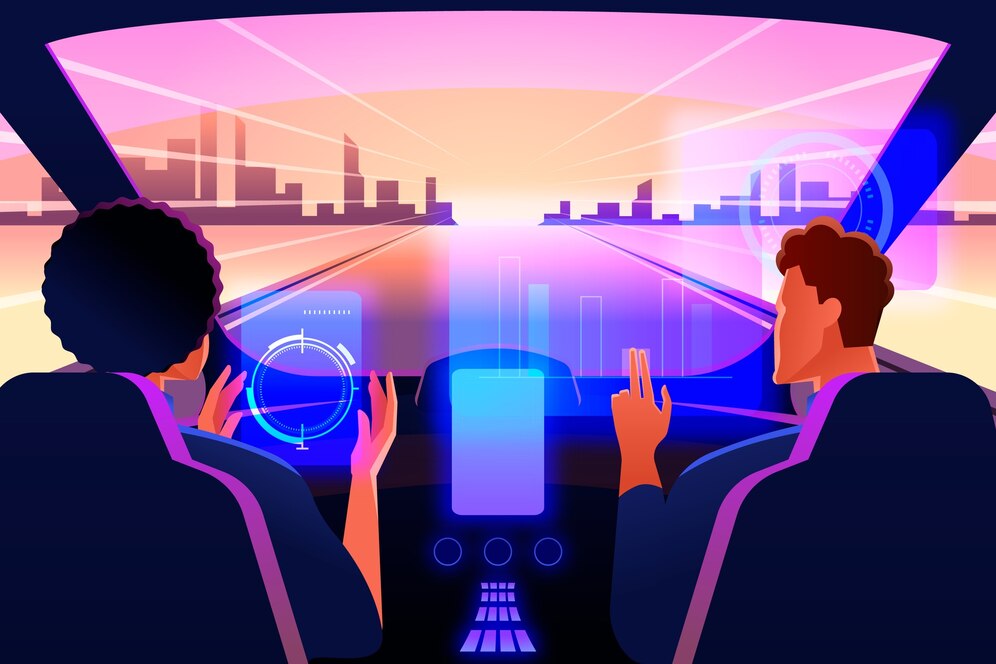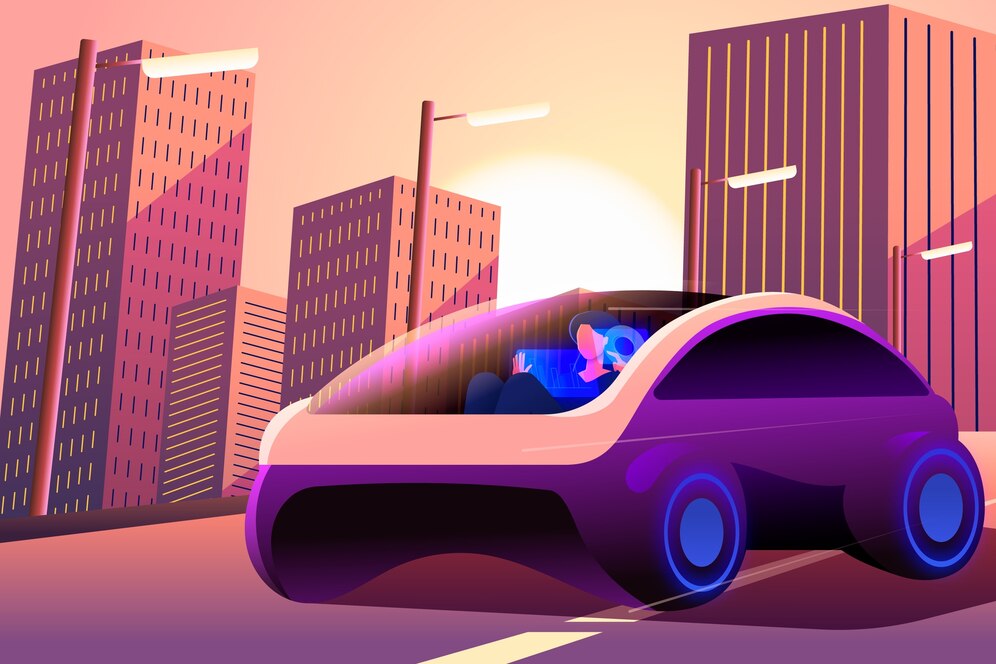introduction
The world of transportation is undergoing a dramatic transformation, and at the heart of this shift is the rise of electric cars. Once considered futuristic or niche, electric vehicles (EVs) have now become central to global efforts toward a cleaner, smarter, and more sustainable future. From environmental impact to cutting-edge technology, EVs are changing the rules of the game—and redefining how we drive.

A Shift Driven by Necessity
The push for electric cars didn’t just emerge out of convenience—it was born out of necessity. With increasing concerns over climate change, air pollution, and dwindling fossil fuels, the automotive industry faced mounting pressure to evolve. Traditional internal combustion engine (ICE) vehicles are among the largest contributors to global CO₂ emissions. As a result, electric vehicles have emerged as a cleaner and more responsible alternative, offering zero tailpipe emissions and significantly lower environmental impact.Governments around the world have responded by implementing stricter emission regulations, offering incentives for EV buyers, and investing in charging infrastructure. This has helped fuel the growth of the electric vehicle market, making EVs more accessible and attractive to consumers.
Technological Advancements: More Than Just a Battery
Electric vehicles are not just about ditching gasoline—they represent a complete technological revolution in how cars are built and operated.Modern EVs are equipped with smart features such as: Autonomous driving capabilities AI-powered driving assistants Advanced infotainment systems Over-the-air software updates Regenerative brakingMoreover, electric motors provide instant torque, resulting in faster acceleration and smoother driving. Cars like the Tesla Model S Plaid or Porsche Taycan can go from 0 to 60 mph in just a few seconds—rivaling or even outperforming traditional supercars.
Charging Into the Future
One of the earlier concerns around electric cars was range anxiety—the fear of running out of battery with no charging station nearby. However, this is rapidly becoming a thing of the past.Battery technology has improved dramatically, with many EVs now capable of traveling over 300–400 miles on a single charge.Charging networks are expanding globally. Companies like Tesla, Electrify America, and ChargePoint are building fast-charging stations along highways, in cities, and even rural areas.Home charging solutions allow drivers to conveniently recharge overnight, turning garages into personal energy hubs.
Sustainability and the Bigger Picture
Beyond reducing tailpipe emissions, electric cars contribute to a larger sustainability ecosystem. Paired with renewable energy sources like solar or wind, EVs can help decarbonize the entire transportation network.Additionally, manufacturers are now focusing on eco-conscious production practices:Using recycled materials in vehicle interiorsBuilding battery recycling programsDeveloping solid-state batteries that are safer, more efficient, and environmentally friendly
Global Momentum: A Competitive EV Race
The EV revolution isn’t led by just one brand—it’s a global race.Tesla has played a pioneering role, pushing boundaries in EV performance and tech.Legacy automakers like Ford, GM, BMW, and Mercedes-Benz are now investing billions to electrify their lineups.Emerging players like Lucid Motors, Rivian, and NIO are bringing fresh innovation and style to the market.Countries like Norway, the Netherlands, and China are leading adoption, with some aiming to phase out new ICE vehicle sales entirely by 2030 or sooner.
The New Driving Experience
What makes electric cars truly game-changing is the experience behind the wheel.Whisper-quiet cabin.sInstant acceleration.Smooth, responsive handling.Futuristic dashboards and voice-activated controlsDriving an EV feels less like operating a machine and more like being in sync with intelligent technology. For many, once they switch to electric, there’s no going back.

Conclusion
Electric cars are no longer a glimpse into the future—they are the present, and they’re rapidly becoming the norm. From sustainability and smart tech to design and performance, EVs are changing what it means to drive.As innovation accelerates and infrastructure improves, the automotive world is moving toward a future that is cleaner, smarter, and fully electric. The game has changed—and electric cars are driving tomorrow.

